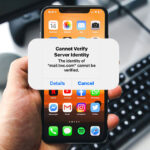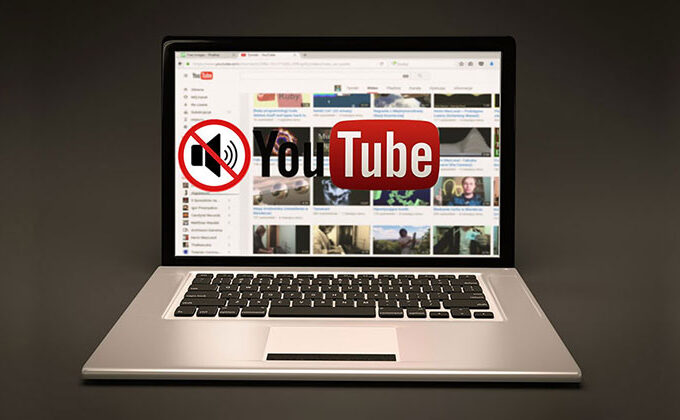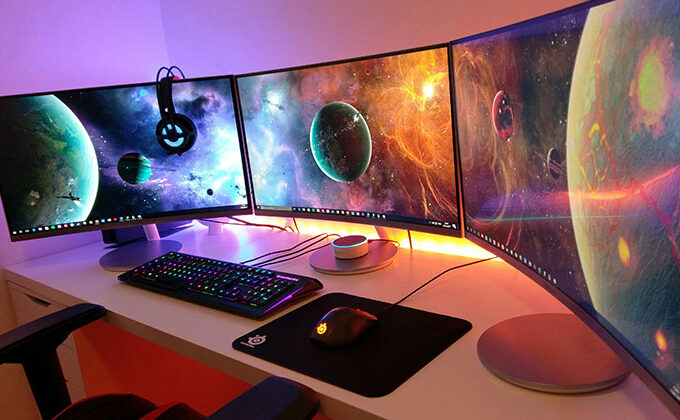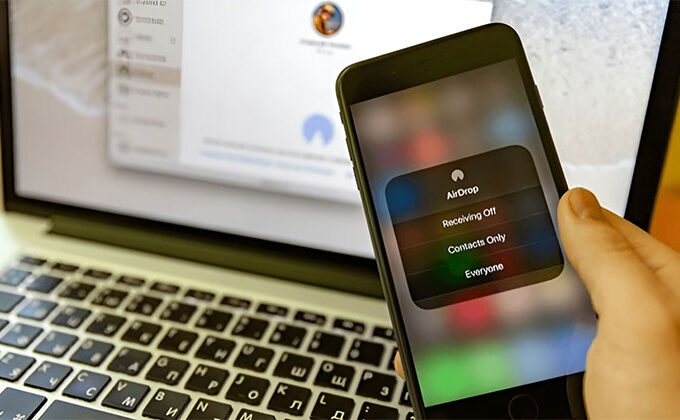In the past, Apple faced scrutiny after paying $113 million to resolve claims of slowing older iPhones. Many believed that the delay was intended to encourage users to upgrade to newer models, which Apple denied, claiming it was a consequence of measures taken to protect old batteries.
Whatever the reason, iPhones do slow down over time. A slow device can be a source of frustration. Understanding Why is my iPhone so slow, ranging from outdated iOS versions to limited storage space, can help you take steps to speed up your iPhone.
Why is My iPhone So Slow?
The slow iPhone performance typically results from one of the following reasons: a problem with your hardware, software, or the method you’re using it. Here’s a rundown of the most frequent reasons Why is my iPhone so slow.
- Low storage space
- Old or buggy iOS version
- Too many apps are running in the background
- Battery health issues
- App cache overload
- Overheating
- Poor network connection
Also read: Why Is My MacBook So Slow? 10 Tips to Speed Up MacBook
How to Speed Up A Slow iPhone
The top tips to speed up your iPhone include improving your display settings, cleaning out junk and old files, and updating your applications. You can also try changing your location and internet settings, or if all else fails, replace the battery or perform a factory reset.
Here are a few of the top things to make your slow iPhone perform faster:
Restart Your Device
Turning your iPhone off and then turning it back on may resolve any issues with the background that are leading to the slowdown. This should be the first step when attempting to fix the problem with a slow iPhone.
Turn off Low Power Mode
Low Power Mode on the iPhone enhances battery life by reducing background activity and power-saving mode functions. By doing this, it can slow down hardware performance, reduce processor speed, slow animations, and reduce app refresh rates.
Check Your Internet Connection
If you’re connected to a slow, congested, or distant network, you may notice a greater delay when using online apps. It could be the result of your connection not providing sufficient bandwidth to load the resources effectively, or due to the internet service provider (ISP) restricting your speed.
Close or Uninstall Unused Apps
Apps consume storage space and run in the background, eating more memory and processing power, even if they’re visible on the screen of your phone. Removing or closing outdated apps can help free up resources on your system and speed up your iPhone.
Clear Browser History, Cookies & Cache
Most browsers, including Safari, save data in the form of Cookies and cached data by default. This is intended to make websites that you frequently visit load faster, thereby reducing the need to refresh every time you visit a website.
However, data from browsers may accumulate over time and have a negative impact, slowing down your internet. Cleaning this data regularly frees up storage space and will improve the performance of your browser.
Install App & iOS Updates
Updates to software typically include improvements in performance and bug fixes, and security patches that help keep your phone operating efficiently. Outdated software or older iOS versions could cause crashes or lag, and updating them can solve the performance issues.
However, before installing an update on an older iPhone model, ensure you do your investigation to determine if it’s compatible with your phone. If it isn’t, you’ll be left with a slower phone.
Delete Unnecessary Photos & Videos
Videos, photos, and other files stored locally on your device can consume a lot of storage space, slowing down your phone. Cleaning out unnecessary files frequently will keep your storage organized and make space for improved phone performance.
Disable Background App Refresh
Background app refresh is an iOS feature that enables apps to refresh content even when they’re not in use, meaning that data is updated as soon as the app is used. While it’s helpful, keeping this feature on will cause background processes to run continuously, consuming battery life and taking up system resources, which can result in slower performance.
Also read: How to Clone an iPhone: Quick and Easy Guide
Reduce Motion
iOS animations, such as screen transitions or parallax effects, might appear sleek. However, they can slow down your phone when the GPU is overloaded, and this is especially true for older iPhones.
Scan for Malware
Although iPhones are generally considered very secure, they could still be hacked. Social engineering and malicious app techniques can lead to infect your device. This not only slows down your iPhone but also puts your personal data at risk. The risk is increased significantly when the gadget has been jailbroken, since this can remove
Restore to Factory Settings
After trying everything and still being unable to increase the speed of your iPhone, you could consider restoring the phone to its default settings as a last resort.
The device will be erased, and any software issue that affects performance will be addressed. However, it will also erase any locally stored information. Therefore, you must first ensure that you back up all your data via iCloud or another third-party storage service to prevent losing important photos and documents.
Final word
If you’ve been asking, “Why is my iPhone so slow?”, the good news is that most performance issues are fixable with these easy guidelines and techniques. You’ll ensure that your iPhone operates smoothly and efficiently, and as always, provide seamless, continuous processes at all times.
FAQs: Why Is My iPhone So Slow
Why is my iPhone so slow all of a sudden?
Sudden slowness is usually caused by a recent update, overheating, too many background processes, or low storage. Restarting the device often helps quickly.
Can a battery cause my iPhone to run slowly?
Yes. A worn-out battery can’t provide enough power for peak performance, so iOS automatically reduces speed to prevent shutdowns.
Will a factory reset make my iPhone faster?
Yes. Resetting removes junk files, corrupted data, and hidden background issues. But remember to back up your data before resetting.
Can malware make my iPhone slow?
Yes. Although rare, malicious apps, configuration profiles, and phishing links can cause performance lag and drain system resources.















Leave a comment